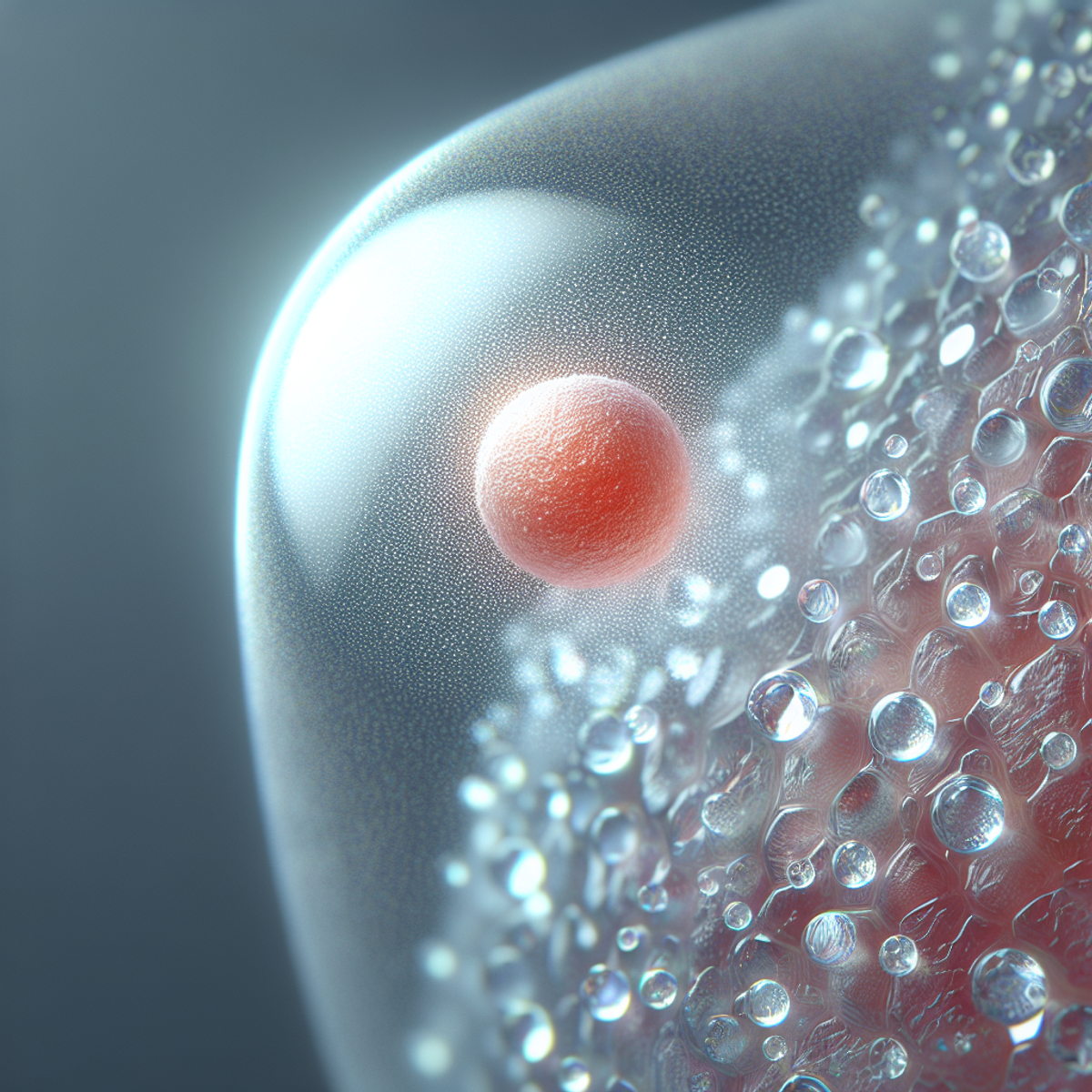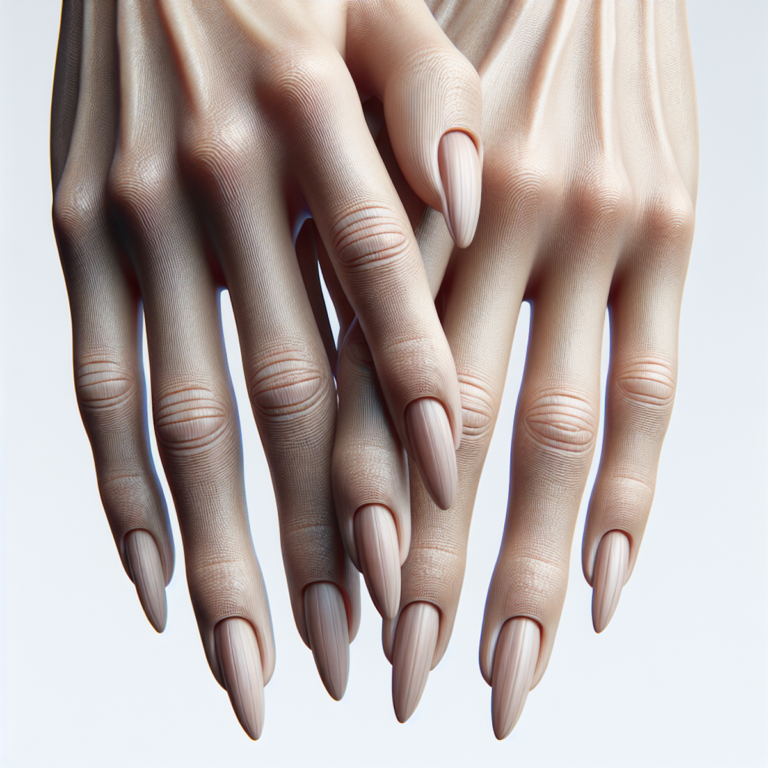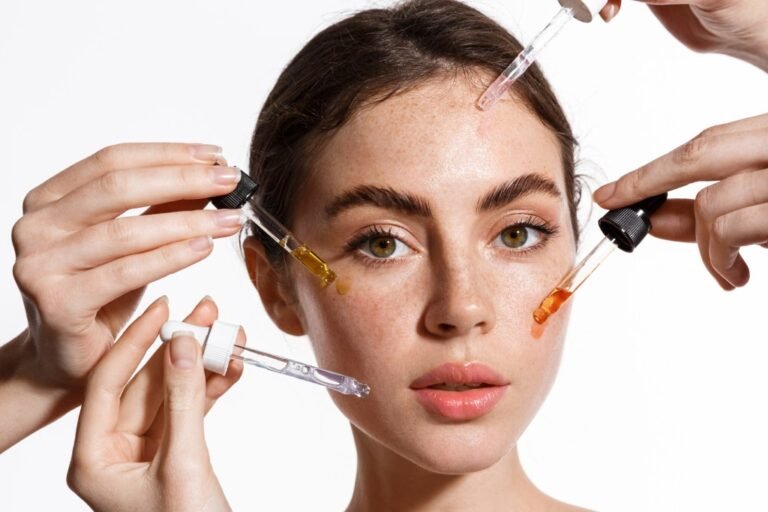Acne: Diagnosis, Treatment, and Steps to Take

Introduction
Acne is a common skin disorder characterized by the development of pimples, blackheads, and whiteheads. It occurs when the skin’s hair follicles become clogged with oil and dead skin cells. This blockage creates an ideal environment for the growth of bacteria, leading to inflammation and the formation of acne lesions.
The prevalence of acne is widespread, affecting people of all ages, genders, and ethnicities. It is estimated that approximately 85% of individuals between the ages of 12 and 24 experience some form of acne. However, it can persist into adulthood for many individuals as well.
The development of acne is directly linked to blocked skin follicles. When excess oil and dead skin cells accumulate, they create a plug that prevents proper drainage. This blockage traps bacteria within the follicle, causing an immune response and subsequent inflammation. This inflammatory process leads to the formation of acne lesions such as pimples, blackheads, and whiteheads.
Understanding the underlying causes and mechanisms of acne is crucial in order to effectively diagnose and treat this condition. In the following sections, we will explore how healthcare providers diagnose acne and discuss various treatment approaches that can help manage this common skin disorder.
Diagnosing Acne
Acne is a common skin condition that affects many individuals, and proper diagnosis is crucial for effective treatment. Healthcare providers play a significant role in diagnosing acne, using various methods to assess the condition. Here are some important points to consider when it comes to diagnosing acne:
1. Importance of Proper Acne Diagnosis
Acne can vary in severity, types of lesions, and underlying causes. Therefore, an accurate diagnosis is essential to determine the most appropriate treatment plan for each individual. Misdiagnosis or self-diagnosis may lead to ineffective treatments or exacerbate the condition.
2. Role of Healthcare Providers in Diagnosing Acne
Healthcare providers, such as dermatologists and primary care physicians, are skilled in recognizing and diagnosing different types of acne. They have the expertise to differentiate between acne and other skin conditions that may present with similar symptoms.
3. Diagnostic Methods Used by Healthcare Providers
During an examination, healthcare providers evaluate the skin for characteristic signs of acne, such as:
- Comedones (blackheads and whiteheads)
- Papules (small red bumps)
- Pustules (pimples filled with pus)
- Nodules (large painful lumps)
- Cysts (deep-seated lesions)
They also take into account the patient’s family history of acne to assess genetic predisposition. Additionally, healthcare providers consider the presence of specific symptoms such as inflammation, pain, tenderness, or itching.
4. When to See a Dermatologist for Acne Diagnosis
In most cases, mild to moderate acne can be managed by primary care physicians. However, individuals should consider seeking a dermatologist’s expertise if their acne is:
- Severe
- Persistent despite over-the-counter treatments
- Causing emotional distress or scarring
- They have underlying medical conditions that may complicate treatment
Diagnosing acne accurately lays the foundation for effective treatment plans tailored to each individual’s needs. By consulting healthcare professionals and undergoing a thorough evaluation, individuals can ensure appropriate management of their acne.
Effective Treatment Approaches for Acne
Acne can be effectively managed and treated using a combination of topical treatments, oral medications, and other medical procedures. It is important to note that the specific treatment approach may vary depending on the severity of the acne and individual factors. Here are some key points to consider when exploring treatment options for acne:
1. Topical Treatments
Topical treatments are commonly used as the first line of defense against acne. These medications are applied directly to the skin and work by reducing inflammation, unclogging pores, and killing bacteria. Some commonly prescribed topical medications include:
- Benzoyl Peroxide: This medication helps to kill bacteria and reduce oil production in the skin. It is available over-the-counter or in higher strengths with a prescription.
- Antibiotics: Topical antibiotics, such as clindamycin or erythromycin, can help to reduce inflammation and kill bacteria on the skin’s surface.
- Retinoids: Retinoids, such as tretinoin or adapalene, help to unclog pores and promote cell turnover. They can also be effective in reducing acne scarring.
When using topical treatments, it is important to follow these guidelines for maximum efficacy:
- Cleanse your face before applying the medication to remove dirt and excess oil.
- Apply a thin layer of the medication to the affected areas.
- Use sunscreen during the day as some medications can increase your skin’s sensitivity to the sun.
- Be patient with the results, as it may take several weeks or even months to see improvement.
2. Oral Medications and Other Medical Procedures
In cases where topical treatments alone are not sufficient, oral medications or other medical procedures may be recommended. These options are often used for more severe or persistent forms of acne. Some examples include:
- Isotretinoin: This oral medication is highly effective in treating severe acne. It works by reducing oil production, unclogging pores, and preventing the growth of acne-causing bacteria. Isotretinoin requires close monitoring due to potential side effects and must be prescribed by a dermatologist.
- Hormone Therapy: For individuals with hormonal acne, hormone therapy may be recommended. This can involve the use of oral contraceptives or anti-androgen medications to regulate hormone levels and reduce acne breakouts.
- Corticosteroids: In certain cases, corticosteroid injections may be used to quickly reduce inflammation and swelling associated with large, painful acne lesions.
Additionally, there are other medical procedures that can help to treat acne or minimize scarring:
- Laser Therapies: Laser treatments such as photodynamic therapy or fractional laser resurfacing can target and destroy acne-causing bacteria, reduce oil production, and stimulate collagen production to improve the appearance of acne scars.
- Chemical Peels: Chemical peels involve applying a solution to the skin that helps to exfoliate dead skin cells and unclog pores. This can improve the overall texture and appearance of the skin.
It is important to consult with a dermatologist or healthcare provider to determine the most appropriate treatment approach for your specific case of acne. They will consider factors such as the severity of your acne, your skin type, medical history, and any potential side effects when recommending treatment options.
By following a comprehensive treatment plan and working closely with healthcare professionals, you can effectively manage and treat acne.
2. Oral Medications and Other Medical Procedures
When topical treatments alone are not enough to manage acne, your dermatologist may recommend oral medications or other medical procedures for more comprehensive results. Here’s a closer look at these alternative approaches:
1. Oral Medications for Acne
- Isotretinoin: This oral medication is highly effective for severe acne that has not responded well to other treatments. It works by reducing the size of the skin’s oil glands, decreasing oil production, and helping prevent clogged pores.
- Hormone Therapy: For females with hormonal acne, certain oral contraceptives can help regulate hormone levels and improve acne symptoms.
- Corticosteroids: In some cases, short-term use of oral corticosteroids may be prescribed to reduce inflammation associated with severe acne flare-ups.
2. Combination Therapy
- Using Both Topical and Oral Medications: Dermatologists often prescribe a combination of oral and topical medications to address acne from multiple angles. This comprehensive approach can provide more effective results, especially for moderate to severe cases.
3. Other Medical Procedures
- Laser Therapies: Various laser and light-based therapies can target bacteria, reduce inflammation, and promote skin healing to improve acne.
- Chemical Peels: These treatments involve applying a chemical solution to the skin to exfoliate dead skin cells and unclog pores.
- Injections and Surgical Procedures: For specific types of acne, such as cysts or nodules, healthcare providers may perform drainage or surgical removal procedures.
By incorporating oral medications and additional medical procedures into the overall treatment plan, individuals with persistent or severe acne can work towards achieving clearer and healthier skin.
Lifestyle and Self-Care Measures to Support Acne Management
Acne is not only a skin condition but also a multifaceted issue that can be influenced by various lifestyle factors. Incorporating self-care practices into your daily routine can play a significant role in managing and preventing acne outbreaks.
The Role of Self-Care in Managing and Preventing Acne Outbreaks
Self-care is essential for maintaining healthy skin and managing acne. By adopting specific self-care practices, you can actively contribute to improving your skin’s condition.
Specific Self-Care Practices to Incorporate
- Gentle Cleansing: Regularly wash your face with a gentle cleanser to remove excess oil, dirt, and dead skin cells without irritating the skin.
- Avoiding Pore-Clogging Ingredients: Be cautious of skincare and cosmetic products that may clog your pores, leading to acne breakouts. Choose non-comedogenic or oil-free options instead.
Other Lifestyle Factors that May Impact Acne Severity
In addition to skincare practices, certain lifestyle factors can influence the severity of acne:
- Diet: While more research is needed, some studies suggest that high-glycemic-index diets and dairy consumption may worsen acne in certain individuals. Pay attention to how your diet may affect your skin, and consider making adjustments if you notice specific foods causing acne flare-ups.
- Stress: Psychological stress has been linked to worsening acne symptoms. Practice stress-relieving activities such as meditation, yoga, or deep breathing exercises to help manage stress levels, potentially leading to improvements in your skin’s condition.
By incorporating these self-care measures and being mindful of relevant lifestyle factors, you can proactively contribute to managing your acne and promoting healthier skin.
Seeking Professional Help for Acne
When dealing with acne, it is important to seek professional help in order to effectively manage and treat the condition. Healthcare providers, such as dermatologists and primary healthcare providers, play a crucial role in providing comprehensive care and guidance for individuals dealing with acne.
Working Together for Acne Care
Working together with your healthcare provider is key in developing an effective acne management plan. By actively participating in discussions about treatment options, potential side effects, and lifestyle adjustments, you can provide valuable insights that can lead to personalized care strategies. This collaborative approach fosters a sense of partnership and empowerment, ensuring that the treatment plan aligns with your needs and preferences.
The Value of Regular Check-ups
Regular check-up appointments are vital for monitoring progress and making necessary adjustments to the treatment plan. Through these appointments, healthcare providers can assess the effectiveness of current treatments, address any emerging concerns or new symptoms, and provide ongoing support and guidance. Additionally, regular check-ups enable healthcare providers to make informed decisions about modifying or transitioning treatment approaches based on your response to the current regimen.
By actively engaging with your healthcare provider and attending scheduled check-up appointments, you can optimize your acne management strategies, leading to better long-term outcomes.
It’s important to recognize that seeking professional help goes beyond initial diagnosis and prescription of treatments; ongoing collaboration and monitoring are essential components of successful acne management.
Remember, taking proactive steps to engage with healthcare providers can significantly impact the effectiveness of your acne treatment plan.
Conclusion
As you finish reading about acne diagnosis and treatment, it’s important to remember that you have the power to take control of your skin health:
- Stay informed about acne and its causes
- Seek professional help when needed
- Follow the prescribed treatment plan consistently
- Practice good skincare habits daily
- Stay patient and positive throughout the process
Remember, effective acne treatment requires a proactive approach from both you and your healthcare provider. Regular check-ups and open communication are key to finding the best solutions for your skin.
With the right knowledge, support, and mindset, you can overcome the challenges of acne and achieve clearer, healthier skin. You’re not alone in this journey – there are millions of people worldwide who have dealt with or are dealing with acne. Don’t let it define you or lower your self-esteem. Embrace your unique beauty and focus on your overall well-being.
Take charge of your skin health today!










